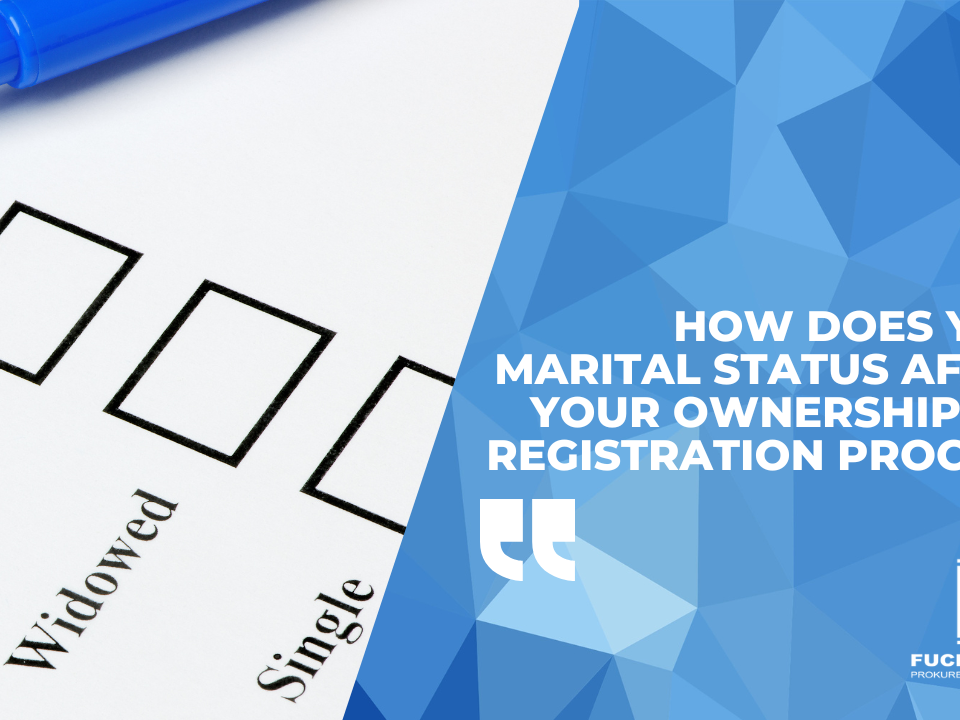
Moving to a smaller home may be the answer
August 23, 2021
Water conservation: Your household’s next objective
September 29, 2021The Civil Union Act 17 of 2006 (“the Act”) was enacted to provide for the solemnisation of civil unions by way of either a marriage or civil partnership.
The Act defines a “civil union” as the—
“voluntary union of two persons who are both 18 years of age or older, which is solemnised and registered by way of either a marriage or a civil partnership, in accordance with the procedures prescribed in [the] Act, to the exclusion, while it lasts, of all others”.
The preamble to the Act relies on the following rights in the Constitution of the Republic of South Africa, 1996 (“the Constitution”) as the cornerstones for the change brought about by the Civil Union Amendment Act 8 of 2020 (“the Amendment Act”):
- Section 9(1) of Constitution provides that everyone is equal before the law and has the right to equal protection and benefit of the law.
- Section 9(3) of the Constitution provides that the state may not unfairly discriminate directly or indirectly against anyone on one or more grounds, including race, gender, sex, pregnancy, marital status, ethnic or social origin, colour, sexual orientation, age, disability, religion, conscience, belief, culture, language, and birth.
- Section 10 of the Constitution provides that everyone has inherent dignity and the right to have their dignity respected and protected.
- Section 15(1) of the Constitution provides that everyone has the right to freedom of conscience, religion, thought, belief,and opinion.
The change is also underpinned by the family law dispensation that existed after the commencement of the Constitution, which did not provide for same-sex couples to enjoy the same status and benefits coupled with the responsibilities that marriage accords to opposite-sex couples.
Accordingly, the change brought about by the Amendment Act now affords same-sex couples the same enjoyment regarding the status and benefits of marriage that it does to opposite-sex couples.
Before its repeal, however, Section 6 of the Act read as follows:
“A marriage officer, other than a marriage officer referred to in section 5, may in writing inform the Minister that he or she objects on the ground of conscience, religion and belief to solemnising a civil union between persons of the same sex, whereupon that marriage officer shall not be compelled to solemnise such civil union.”
A marriage officer is defined in the Act as “any minister of religion, or any person holding a responsible position in any religious denomination or organisation, designated as marriage officers under section 5 of this Act”.
In essence, section 6 of the Act provided that a marriage officer, other than a marriage officer in section 5, may refuse to solemnise a civil union because they object to the civil union on the ground of conscience, religion, and belief.
The Amendment Act, enacted in October 2020, repeals section 6 of the Act.
Accordingly, in terms of the Amendment Act, a marriage officer, other than a marriage officer referred to in section 5 of the Act, may no longer refuse to solemnise a civil union because such marriage officer objects to the civil union on the ground such marriage officer’s conscience, religion, and belief.
Reference List:
- Constitution of the Republic of South Africa, 1996
- Civil Union Act 17 of 2006
- Civil Union Amendment Act 8 of 2020
This article is a general information sheet and should not be used or relied on as legal or other professional advice. No liability can be accepted for any errors or omissions nor for any loss or damage arising from reliance upon any information herein. Always contact your adviser for specific and detailed advice. Errors and omissions excepted (E&OE)



